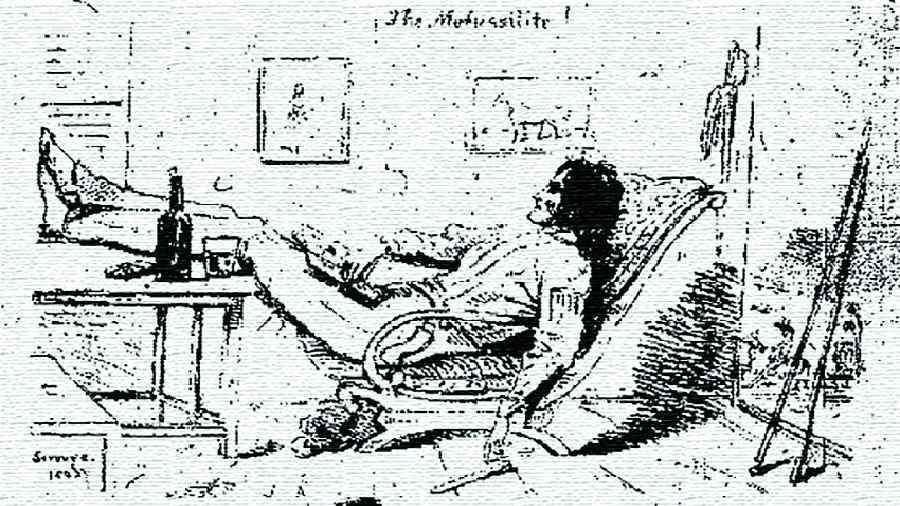Book: John Lang: Wanderer of Hindoostan, Slanderer in Hindoostanee, Lawyer for the Ranee
Author: Amit Ranjan,
Publisher: Paper Missile
Price: Rs 795
In 2010, when the cases of discrimination and violence against Indian students in Australia were on the rise, Rory Medcalf, an Australian diplomat, wrote a profile of a man, whom he suspected would “help ease today’s media-fed estrangement” between India and Australia, countries that this man called home.
The man was a Sydney-born novelist, journalist, and lawyer, John Lang. In his article, Medcalf, who was a diplomat in India for several years, calls investigators of Lang — Ruskin Bond, who rediscovered Lang’s grave in Mussoorie in 1964 and called him guppoo (untranslatable and exaggerator) and the deceased Australian researcher, Victor Crittenden, along with himself — a “lonely bunch”. Perhaps Medcalf will be happy now that this cohort has found Amit Ranjan — the author of this extraordinary, deeply researched book — as its latest recruit.
Ranjan notes that becoming a scholar on Lang was incidental. He was searching for Alice Richman — “beyond the local Pune lore about a suicidal white woman in love with a local lad, and whose ghost still haunts the campus” — when he got curious about Lang, a lawyer who was summoned by the Rani of Jhansi to defend her territory from getting annexed under the Doctrine of Lapse and a chronicler who ran a journal, The Mofussilite, which was heavily critical of the East India Company.
However, Ranjan argues that’s not all that Lang should be remembered for. His exceptional and critical historiography of this hilarious figure, who was fluent in Hindustani and Persian, proffers enough evidence to demonstrate that “[t]here are still more unacknowledged debts to Lang.”
Lang exposed Edgar Allan Poe’s ‘plagiarism’. Poe’s famous poem, “The Raven”, Lang noted, was an adaptation of a Persian poem. Rudyard Kipling’s novel, Kim, is heavily borrowed from Lang’s novels. The famous Tom Taylor play, Our American Cousin, was jointly written by Lang. It was during the performance of this play that the American president, Abraham Lincoln, was assassinated by the actor, John Wilkes Booth, who was supposed to be in that play but was not. This play is often touted as Taylor’s funniest. Not only that but Lang also contributed to Household Words “conducted” by Charles Dickens, but his name and fame never matched those of his contemporaries.
Above all, Ranjan remembers Lang for his ready wit and impeccable observation. Perhaps this is why he mimics Lang’s style in his prose, often making it a conversation between Lang and himself — the “Jhansi-ki-Rani-ka-lawyer-ka-scholar”.
Lang, writes Ranjan, often joked that “in India, officers gained promotions due to the death of their seniors at the hands of cholera or malaria, rather than by their talent.” Another of Lang’s wicked acts is the passing of Lala Jotee Persaud’s picture as that of Nana Sahib’s. To date, this is the picture that we find in history books.
You get a joke or fiction passed off as history when you care less about it. To have history guide you, you need to be armed with adequate resources and be invested in the idea of preserving the culture that you inherit. Currently, our country is being crippled under the aegis of Hindutva that’s re-creating, retelling India’s histories, leaving no physical or cultural manifestation of its past untouched with its partisan view. Thanks to scholars like Ranjan, we get to know about figures like Lang, who openly defied the British rule, and can hope that they don’t “Lang-u-ish” in the debris of histories forever. Albeit I wouldn’t want such stories to have several repetitions and editing errors.











